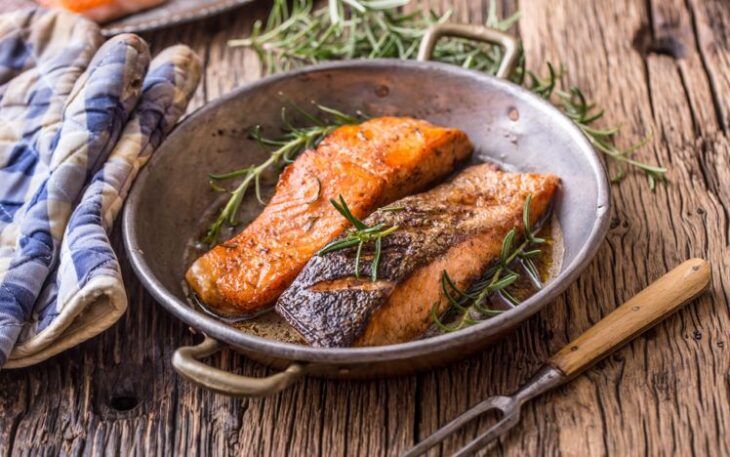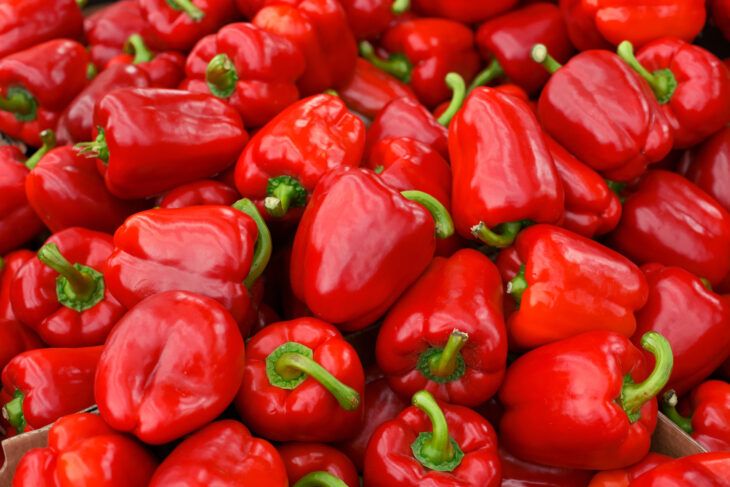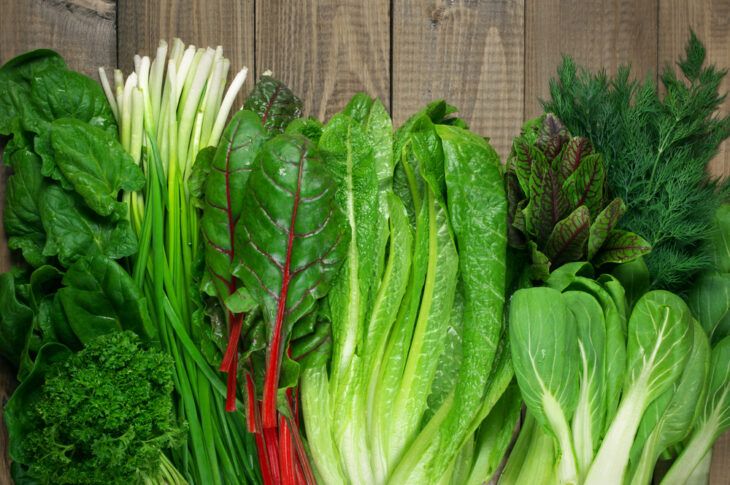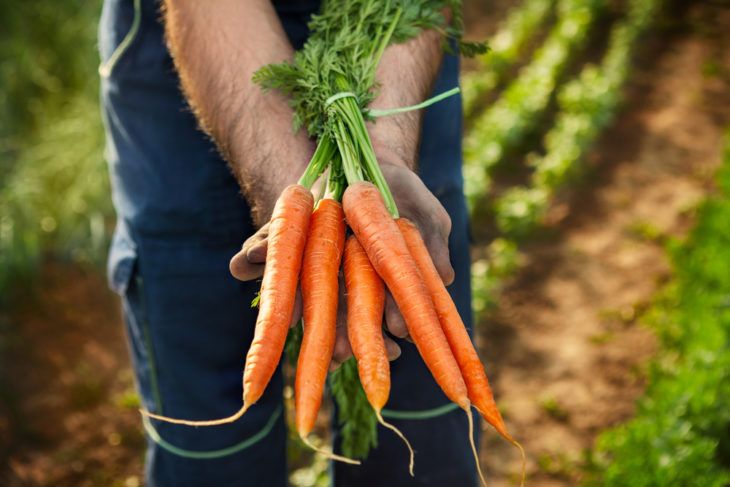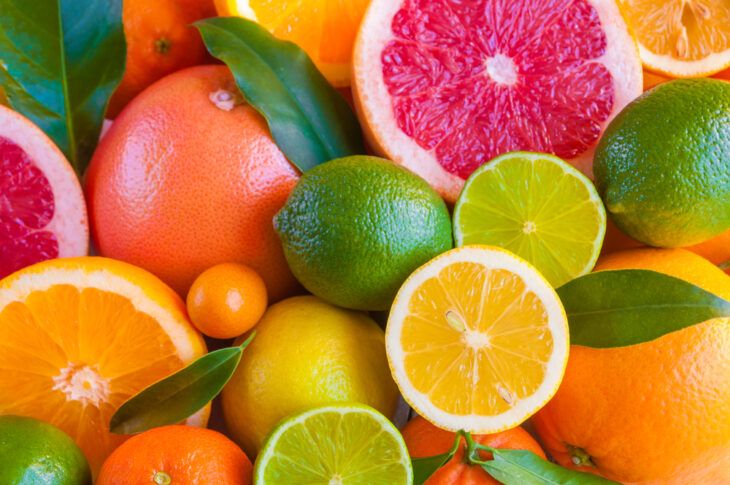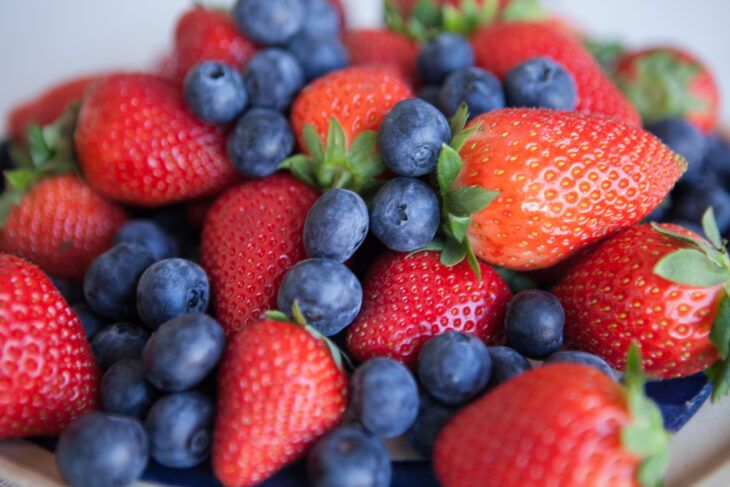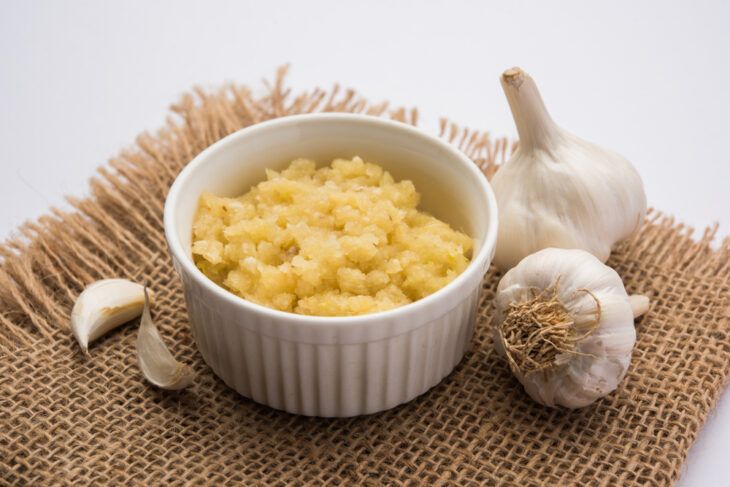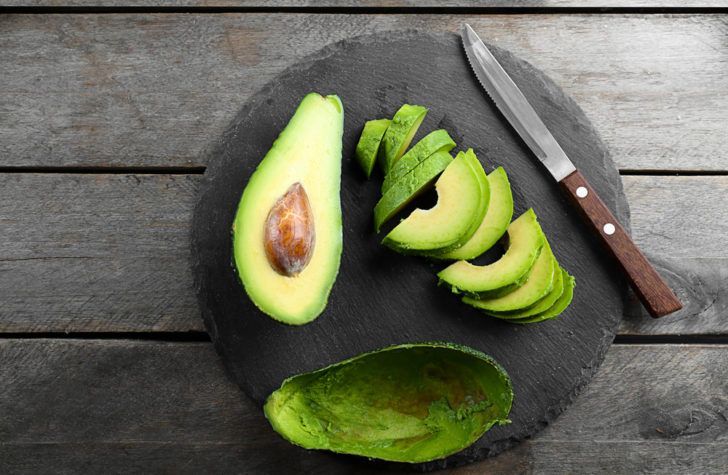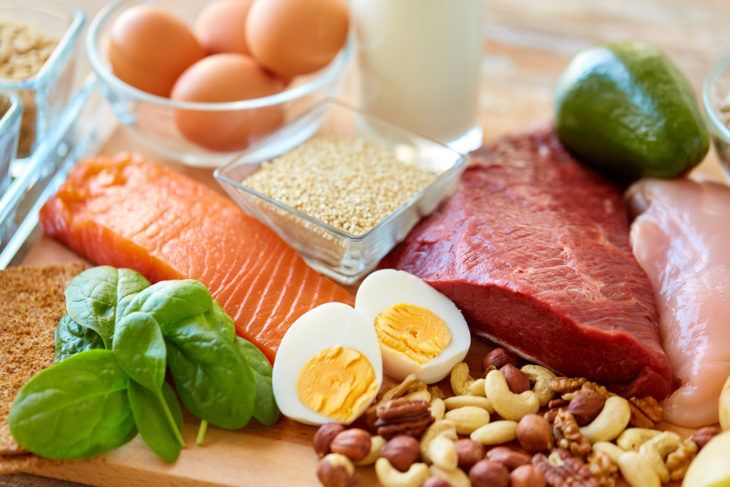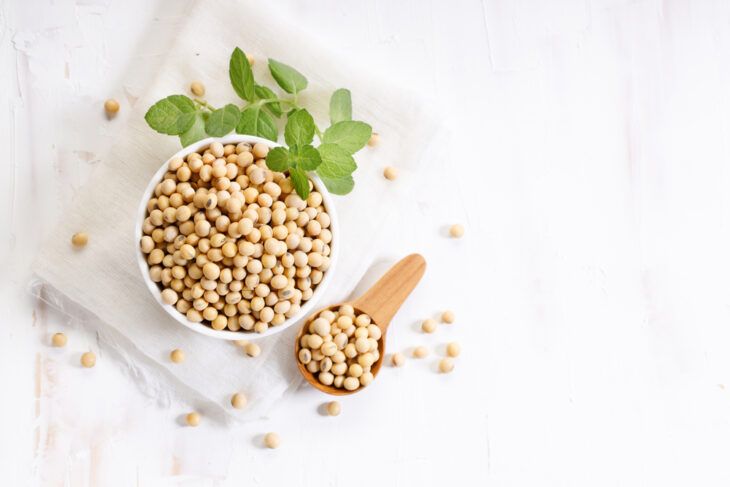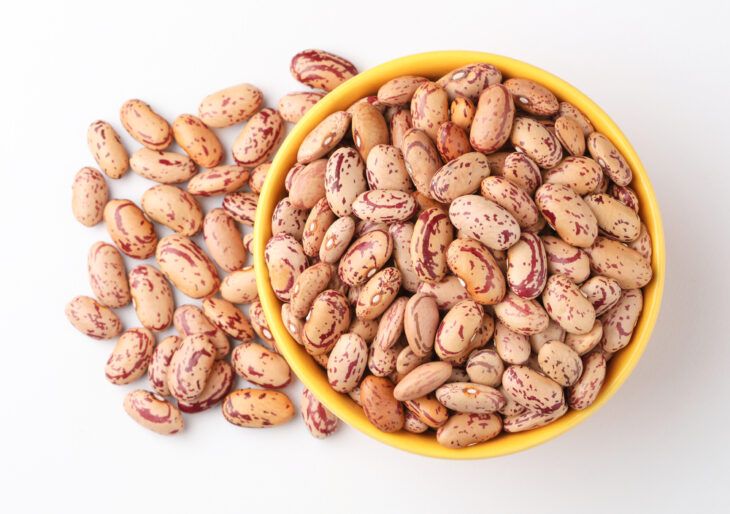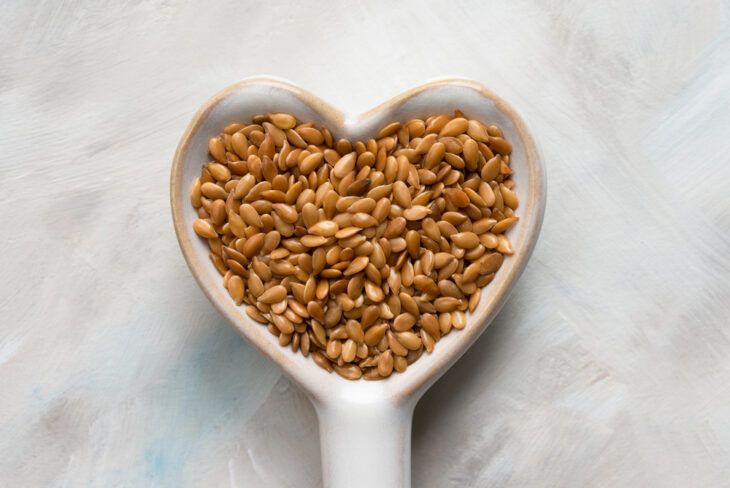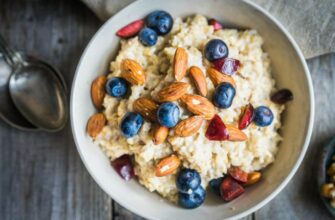There’s a lot of buzz around collagen in the beauty world right now. A structural protein, collagen is found throughout the body in the skin, muscles, bones, and tendons. It’s also what gives our skin its structure and elasticity.
Unfortunately, as we age, the cumulative sun damage and environmental influences, pair with genetics, and our bodies produce less and less collagen. This leads to thinner, sagging skin, the development of wrinkles, and joint pain. To combat this natural decline, many people are turning toward collagen supplements. If you prefer to go a more natural route, however, the following 13 foods contain a wealth of nutrients that boost the body’s production of collagen.
Fish
Fish are packed full of essential nutrients called omega-3 fatty acids. Omega-3s are vital for skin health, as they are anti-inflammatory and protect the fatty membrane that surrounds our skin cells, thus supporting the skin’s structure.
Salmon is a particularly valuable source of omega-3s. Other fish varieties that are rich in omega-3s include mackerel, trout, herring, and tuna.
Red Vegetables
Red vegetables are rich in something known as lycopene, an antioxidant that HelloGlow.com says “essentially acts as a natural sunblock and collagen booster.” Tomatoes are one such example, as are fruits like strawberries, watermelon, and pink grapefruit.
In addition to lycopene, red bell peppers also contain plenty of vitamin C, which “…is an antioxidant that promotes collagen synthesis,” explains registered dietitian Ashley Barrient in speaking with Prevention. A half-cup serving offers 95 milligrams (mg) of the vitamin, which equates to 158 percent of your required daily intake.
Dark Green Vegetables
Red bell peppers aren’t the only valuable source of vitamin C! Dark green vegetables are also rich in nutrients. Kale, for instance, contains 80.4-mg per 1-cup serving—a whopping 134-percent of your daily value, while one cup of spinach offers 8.4-mg.
Additionally, dark green vegetables are also rich sources of vitamin A, another nutrient that can help boost the body’s collagen production. Collard greens contain 722-micrograms (mcg) per 1-cup (cooked), and a similar serving of turnip greens offers 549-mcg.
Orange Vegetables
Not only does vitamin A boost the body’s natural production of collagen, but it also helps with skin elasticity and increases blood flow to its surface. And healthy doses of it can be found in a variety of orange vegetables.
These include sweet potato, which offers an incredible 1,836-mcg per one cup, cooked. That’s over 200-percent of your daily value! Carrots are also a valuable source, with one that’s of medium size containing 392-mcg when cooked. Vitamin A can also be found in orange fruits like mango, cantaloupe, and papaya.
Citrus Fruits
Speaking of orange fruit, oranges are also beneficial to eat for increased collagen production. That’s because they—along with other citrus fruits like grapefruit, lemon, and lime—are rich in vitamin C, which means they “have the ability to help amino acids—lysine and proline—convert to collagen,” says NewBeauty.com.
In addition, the source adds that vitamin C is one of the best antioxidants “…in helping to neutralize free radicals generated by the sun and the environment, which attack and break down collagen and elastin in the skin.” Perhaps eating an orange a day can help keep the wrinkles away!
Berries
In addition to the fruit of the citrus variety, another group of fruit is also known for its collagen-boosting properties—berries! Whether you fancy strawberries, blueberries, raspberries, or blackberries, they’re all chock-full of antioxidants.
And, according to MindBodyGreen, these antioxidants can “…fight those skin-ravaging free radicals while boosting collagen.” Although delicious on their own, you can try adding them to smoothies or using them as a topping for cereal, yogurt, or oatmeal to increase your intake.
Garlic
If you don’t already add garlic too (almost) everything, this may be a good reason to start! Garlic contains taurine and lipoic acid, which help to rebuild collagen fibers that have become damaged over time.
Garlic is also among the best natural sources of sulfur, which the body requires in order to produce collagen. So the very compound that causes unpleasant breath is what’s helping give your skin its youthful glow. Seems like a worthwhile tradeoff!
Avocados
Yet another reason to feel less guilty about your avocado obsession. Sure, they may be pricey, but all their benefits may be worth the cost! According to HelloGlow.com, “Avocados are rich in vitamin E, which help fight free radicals and provide omega-3 fatty acids, which increase collagen production.” Healthy fats are important for that glowing skin, shiny hair, and strong nails.
In addition to guacamole, you can add them to smoothies, salads, or on top of toast for a delicious breakfast or anytime-of-day snacks!
Protein
As the production of collagen in the body involves amino acids, Prevention explains, “…it’s important to consume enough protein, which is made out of amino acids.” Turkey, for example, is not only lean but contains lysine, “one of the major amino acids that facilitate collagen production.”
Soy
Good news if you’re vegetarian or simply trying to cut back on your meat intake, not only is soy an excellent source of protein and lysine.
Other great sources of both protein and lysine for vegetarians are nuts (like cashews and peanuts) and egg whites—which also contain the amino acid proline as well as collagen itself.
Beans
Beans are yet another great source of protein for both vegetarians and omnivores alike! And, in addition to protein, they are rich in zinc and hyaluronic acid, which HelloGlow.com says “…keep your skin hydrated, plump, and firm,” preventing the development of wrinkles.
Among the healthiest options are navy beans, garbanzo beans (more commonly referred to as chickpeas), red kidney beans, and black beans. Consider adding them to salads, soups, and casseroles to up your intake!
Flax Seeds
In addition to fish, avocados, and grass-fed meats, flax seeds are yet another excellent source of omega-3 fatty acids.
Just two tablespoons of flax seeds (when ground and raw) contain 3.19-g of the nutrient, which equates to 133-percent of your daily value! Try adding them to smoothies, or using them as a topping for yogurt or oatmeal.

 Home
Home Health
Health Diet & Nutrition
Diet & Nutrition Living Well
Living Well More
More